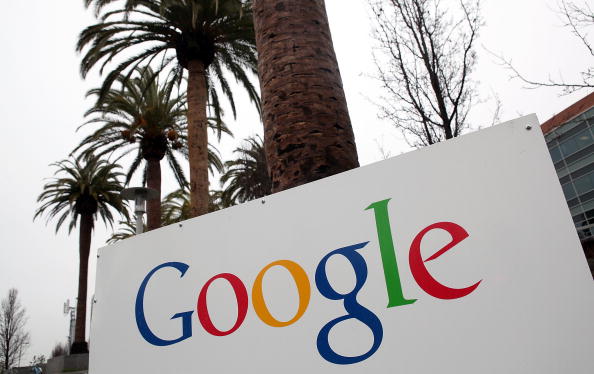Google announced that it is opening an experimental marketplace called the Patent Purchase Promotion.
The marketplace will allow patent owners to sell their patents directly to Google.
The company said that what it is offering will remove friction from a patent market that “can sometimes be challenging, especially for smaller participants who sometimes end up working with patent trolls.”
The marketplace will not be stay open indefinitely though. It will only be open for a couple of weeks.
From May 8 through May 22, Google will open a portal allowing patent holders to tell the company about patents they want to sell at a price they set.
Google will then review all the submissions, and by June 26 the company will let submitters know which patents it wants to buy.

The Patent Purchase Promotion is set to expand the company’s portfolio of patents.
In an official company blog post announcing the Patent Purchase Promotion, Allen Lo, Deputy General Counsel for Patents, said:
“If we contact you about purchasing your patent, we’ll work through some additional diligence with you and look to close a transaction in short order. We anticipate everyone we transact with getting paid by late August.”
“By simplifying the process and having a concentrated submission window, we can focus our efforts into quickly evaluating patent assets and getting responses back to potential sellers quickly. Hopefully this will translate into better experiences for sellers, and remove the complications of working with entities such as patent trolls.”
“We’re always looking at ways that can help improve the patent landscape and make the patent system work better for everyone. We ask everyone to remember that this program is an experiment (think of it like a 20 percent project for Google’s patent lawyers), but we hope that it proves useful and delivers great results to participants.”
According to Google, any patents purchased by the company through this program will join its portfolio and can be used by Google in all the normal ways that patents can be used (e.g., it can be licensed to others, etc.).
